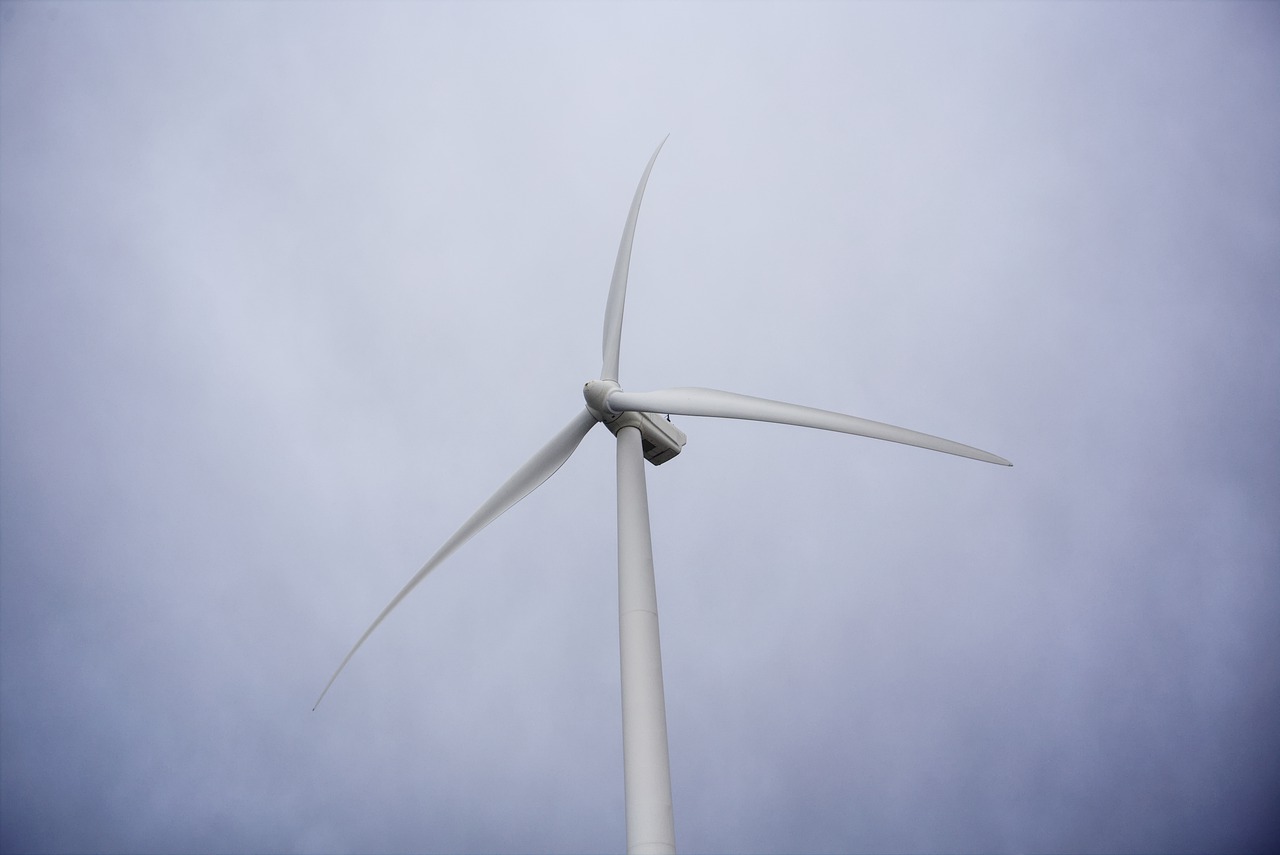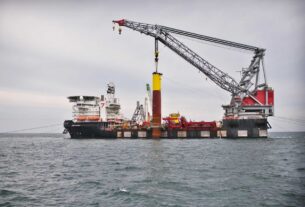Belgium – According to a new policy review by the International Energy Agency, despite notable progress in expanding wind and other clean energy sources, Belgium still requires strong and sustained efforts to reduce its use of fossil fuels, reduce carbon dioxide (CO2) emissions, and reduce its reliance on energy imports.
Belgium has become a major player in offshore wind since the IEA’s last in-depth review of the country’s energy policies in 2016. Belgium had the world’s sixth highest offshore wind capacity in 2021, a significant achievement given the country’s small and congested territorial waters. Following recently announced steps to accelerate and expand offshore wind deployment, this output will continue to rise. Belgium is also developing a combined offshore electricity grid with other North Sea countries.
International collaboration
Belgium has also shown a strong commitment to international cooperation, collaborating with the Netherlands, Germany, and France to ensure natural gas supply security as production at the Netherlands’ Groningen field, which once supplied roughly half of Belgium’s gas, is phased out. Belgian investments in its gas network, which are required to support the Groningen phase-out, are several years ahead of schedule.
Belgian greenhouse gas emissions, on the other hand, have only slightly decreased in recent years. Though the government’s Long-Term Energy and Climate Strategy aims to align the country with the Paris Agreement’s and European Union’s climate goals, it does not include a clear target for national climate neutrality by 2050. Belgium should update its long-term strategy to include a clear commitment and path to climate neutrality by 2050, according to the IEA report.
Belgium has made only modest progress in reducing its reliance on fossil fuels, with government projections indicating that demand will continue to rise at least until 2030. Oil will account for 46% of total energy demand in 2020, followed by natural gas (27%), and coal (3%) with a small share (3%) of total energy demand. Despite the fact that renewables’ share of total energy demand has doubled in the last decade, they still only account for 13% of total energy demand in 2020. Aside from wind, increased use of bioenergy for industry, heating, and transportation fueled this growth.
Phasing out nuclear
Belgium plans to phase out most nuclear power by 2025, raising concerns about the country’s electricity security and greenhouse gas emissions. Nuclear power has frequently accounted for nearly half of annual electricity generation, and its phase-out is expected to result in increased use of gas-fired power and increased emissions. In March, in response to Russia’s invasion of Ukraine, the Belgian federal government decided to take the necessary steps to extend 2 gigawatts of nuclear capacity for another ten years and to introduce a EUR 1.2 billion package to speed up energy transitions and protect consumers from high energy prices. Plans to accelerate and expand offshore wind deployment, as well as incentives for solar panels, heat pumps, and electric vehicles, and temporary reductions in excise duties and VAT for some energy products, are among these measures.
Energy goals
The Covid-19 pandemic wreaked havoc on Belgium’s economy, with GDP falling by more than 5% in 2020. With funding for sustainable mobility, energy efficiency, offshore wind, and renewable-based hydrogen, more than half of Belgium’s EUR 5.9 billion economic recovery plan contributes to the country’s climate and energy goals.
Electrification is a critical component of any energy transition, but in Belgium, tariff structures that significantly raise the cost of electricity are holding it back. Electric heating is 50 percent more expensive in some areas than natural gas or fuel oil, despite the fact that electric heating is more efficient and less polluting. Increased market competition is also required to lower prices, which necessitates greater efforts to remove barriers to new companies and innovative services entering the market.




